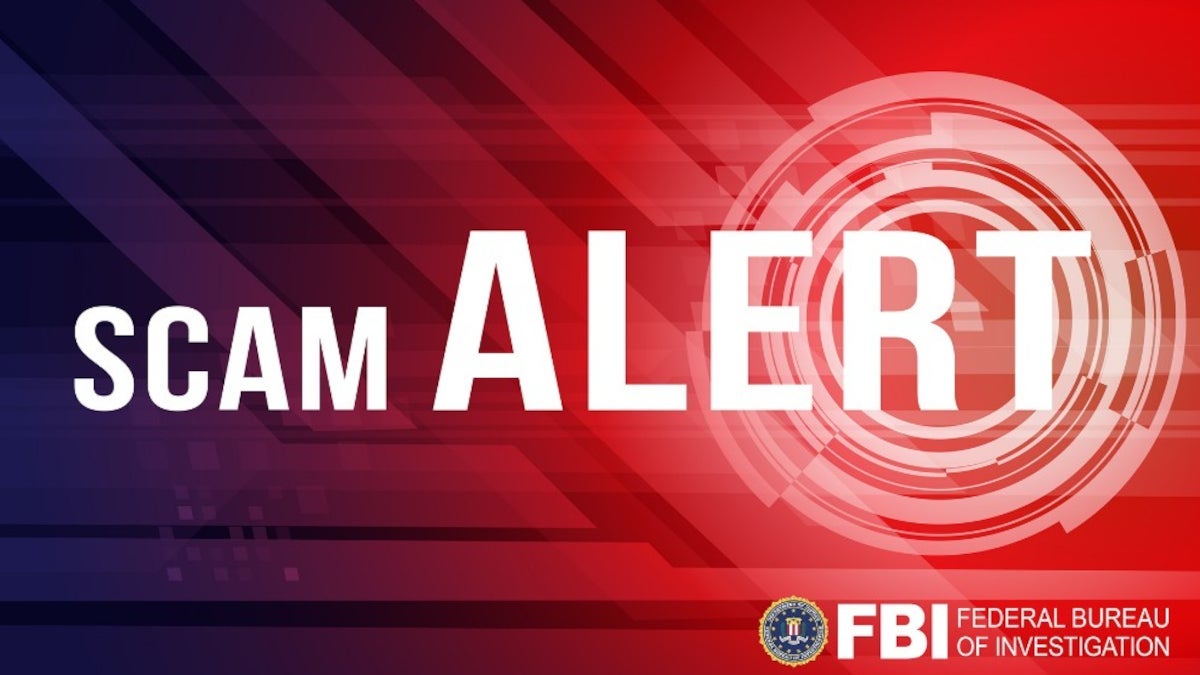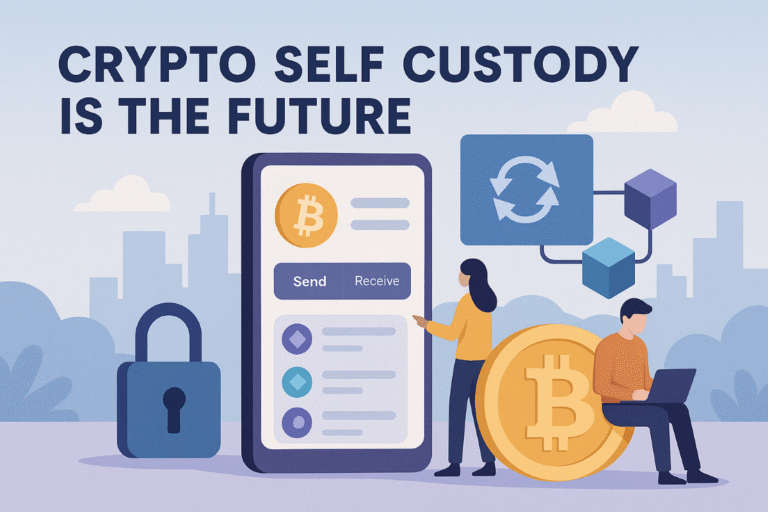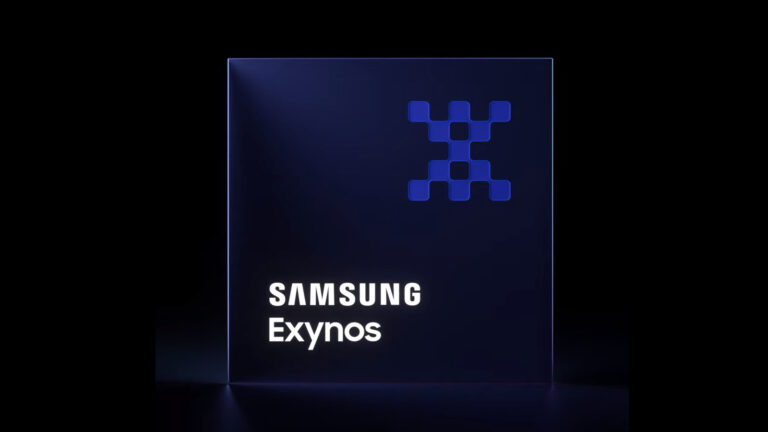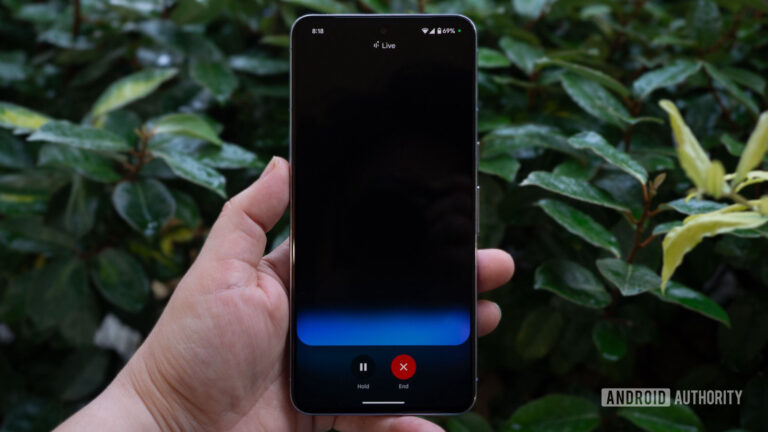Follow these warnings from the FBI and New York Police so you don’t get scammed

The El Paso branch of the FBI made it clear in a tweet that the FBI will never:
- Call or email private citizens to demand payment or threaten arrest.
- You will not be asked to wire a “settlement” to avoid an arrest.
- You will never be asked to use large sums of your money to catch a criminal.
- The FBI will not ask you for wire transfers or gift cards
- The FBI won’t call you about “frozen” social security numbers or coordinate inheritances.
The #FBI will never call or email you to demand payment or threaten arrest. This is a scam. Hang up! #TakeABeathttps://t.co/lc3POTqkCnpic.twitter.com/c6mH6iJcju
— FBI El Paso (@FBIElPaso) June 3, 2025
“Phone number spoofing is a tactic commonly used by scammers nationwide to make it appear as if calls are coming from trusted agencies. These scams are designed to create confusion and fear, often leading victims to comply with demands or share information that can be used to commit further fraud.”
-The New York State Police
Like the FBI, the New York State Police make it clear that they “will never call individuals and demand sensitive information or threaten arrest or legal action over the phone.” If you do get a call similar to the ones that the FBI and New York State Police are warning you about, you should do the following:
- Do not provide any personal information.
- Do not send money or make payments under threat.
- Hang up immediately—even if the caller ID appears legitimate.
- Save any voicemails and record the phone number if possible.
- Verify the call by contacting the agency directly using a trusted number.
If you receive one of these calls, as soon as the party on the other end of the call starts asking for money, hang up. Doing this will save you from getting ripped off and you will not face any punishment.






